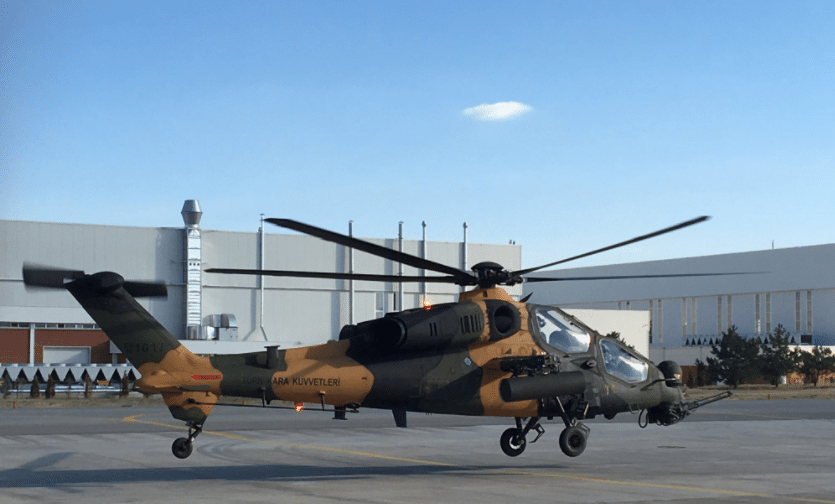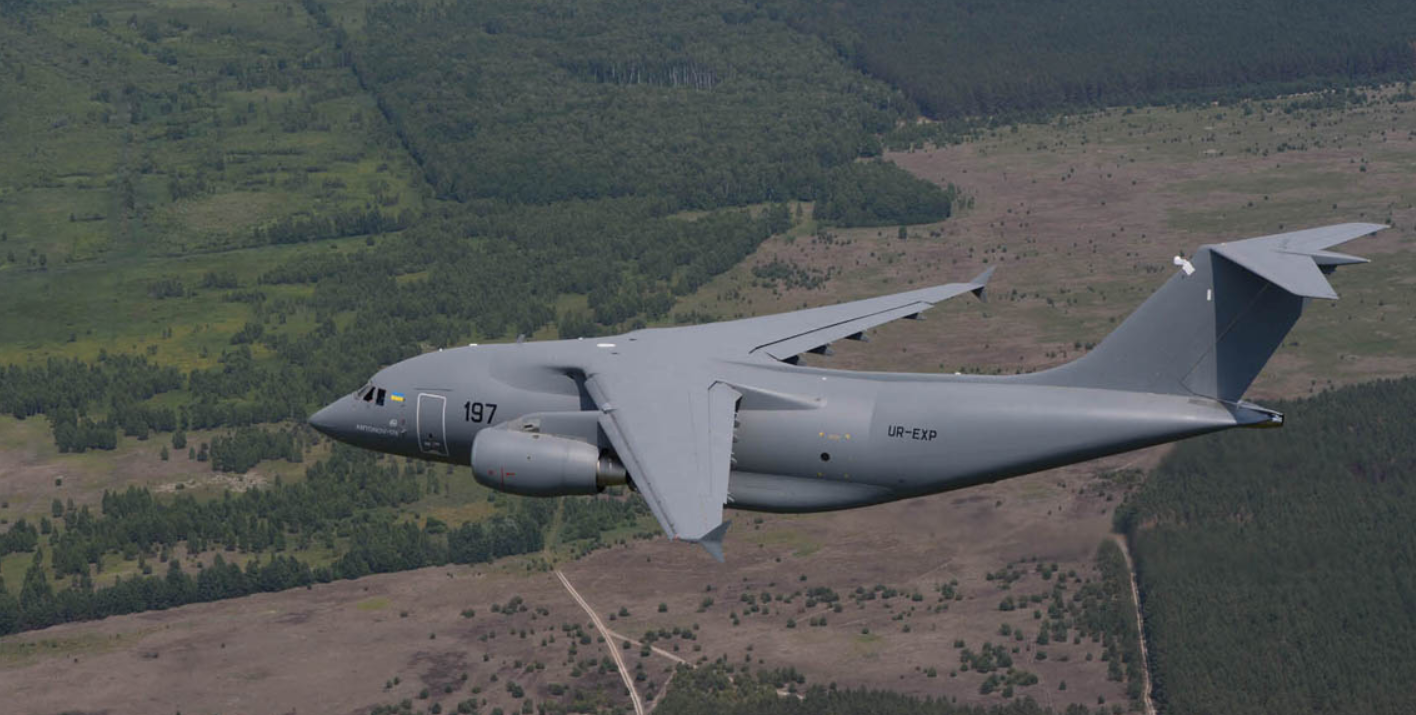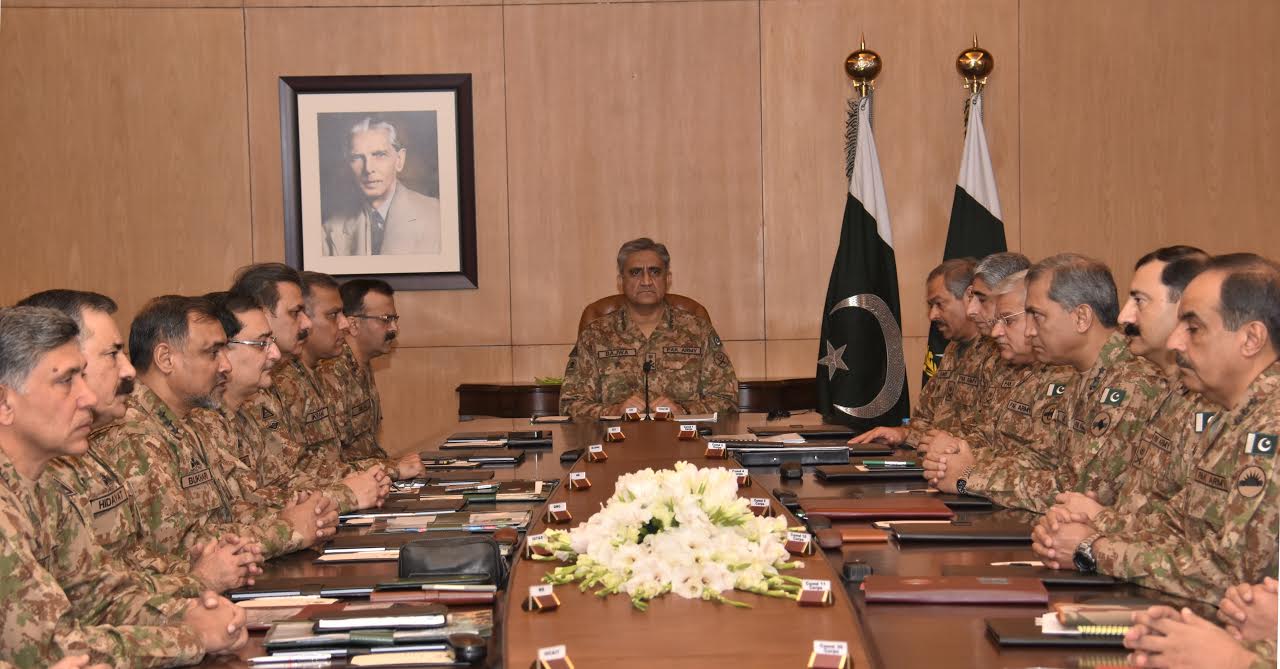12Views 41Comments

Turkish official confirms T129 talks with Pakistan
Hüseyin Avşar, the Head of the Helicopters Department at Turkey’s Undersecretariat of Defence Industries (SSM) told Defence Turkey that discussion of “administrative and financial terms” were taking place with Pakistan in regards to the Turkish Aerospace Industries (TAI) T129 ATAK attack helicopter.
This coincides with a June news report by aviation journalist Alan Warnes (via Monch) of Pakistan holding talks with TAI for 30 T129 attack helicopters. Warnes reported that the Turkish side was hoping for a concrete deal by late 2017 or early 2018.
Pakistan examined the T129 in June 2016. As per TAI, the Pakistan Army was impressed by the T129’s performance in high-altitude conditions and its ferrying range. The Army had flown the P6 from Pano Aqil, the Hindu Kush (at 14,000 ft) and between Quetta and Multan (i.e. 480 km).
During the 2017 International Defence Industry Fair (IDEF), which took place in May in Istanbul, TAI inked a memorandum-of-understanding (MoU) with Pakistan Aeronautical Complex (PAC). TAI’s CEO Dr. Temel Kotil followed-up on the IDEF MoU with a visit to PAC at the end of May.
Notes & Comments:
Statements from Turkish officials and journalist reports suggest that the Pakistan T129 ATAK program will be a significant venture – if brought to fruition.
The Deputy Undersecretary at SSM Mustafa Şeker outlined (to MSI Turkish Defence Review in Karachi in November) that the T129 was of interest to each service arm: “The vehicle is required by the Pakistan Army, Navy and Air Force. Thus, all three services are involved in the process [of evaluating the T129].”
It was evident that the Pakistan Army was seeking another attack helicopter to complement its incoming Bell Helicopter AH-1Z Vipers. The machines it evaluated were the Changhe Z-10 and TAI T129, both of which were lighter-weight than the AH-1Z.
However, the reasons why the Navy and Air Force were included in the program are not known.
The Pakistan Air Force (PAF) is the parent of PAC, which is slated to serve an local industry function for any Pakistani T129 purchase. Dr. Temel Kotil had confirmed that PAC would be a parts supplier for the T129. Aviation Week suggested that final assembly at PAC could also be on the table.
The Pakistan Navy has its own infantry force – the Marines – which are tasked with protecting Pakistan’s coastal assets, such as bases, dockyards and shipyards. It is plausible, though purely speculative, that the T129 is of interest as a long-term possibility of providing the Marines with close air support (CAS) assets.
Besides PAC, the PAF could also theoretically use the T129 as a CAS asset, but for its combat search and rescue or special operations forces requirements. Alternatively, it could seek several units as training units at the Airpower Centre of Excellence, which is to train for counterinsurgency-related CAS.
The prospect of a T129 order accompanying parts manufacturing at PAC and – as one might presume with PAC in the equation – depot-level maintenance, repair and overhaul facilities could make the T129 more affordable to acquire and operate. This could help enable the PAF and PN to acquire the T129, albeit in the long-run and after the Army has fulfilled its requirements.
For further information and insight into Pakistan’s efforts to procure the T129, visit Quwa’s earlier pieces, such as the industry opportunities of the program.


